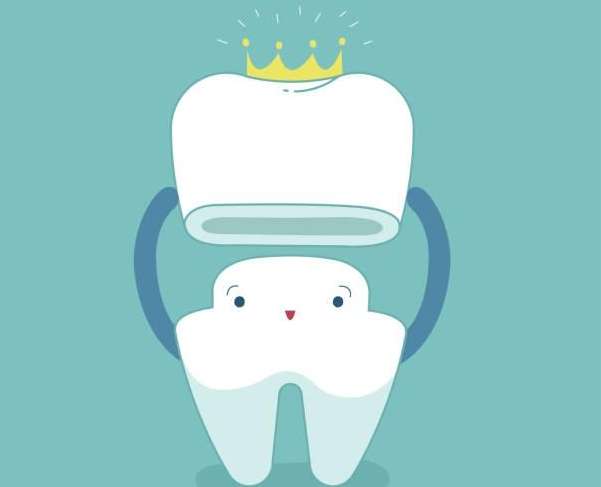
If you've recently had a dental crown placed, you might be experiencing sensitivity in your tooth. This is a common concern among dental patients, and it's important to understand why it happens and what you can do about it.
Why Does Sensitivity Occur After Getting a Crown?
A dental crown is a cap that covers a damaged or decayed tooth to restore its shape, size, strength, and appearance. While crowns are designed to be durable and protect the underlying tooth structure, sensitivity can sometimes occur after the procedure for a few reasons:
- Nerve Irritation: The process of preparing the tooth for a crown, which involves removing some of the tooth's outer layer, can irritate the tooth nerve. This irritation can lead to temporary sensitivity.
- Temperature Sensitivity: After the crown placement, you may experience heightened sensitivity to hot or cold foods and beverages. This sensitivity usually subsides as the tooth adjusts to the new crown.
- Fit and Bite Adjustment: Sometimes, the fit of the crown may need to be adjusted slightly after it is placed. This adjustment can affect how your teeth come together when you bite down, potentially causing sensitivity if not properly aligned.
Is Sensitivity Normal After Getting a Crown?
Yes, sensitivity after getting a dental crown is generally normal and usually temporary. It can vary from mild to moderate and typically improves over time as your tooth adjusts to the crown. Unfortunately, it can even last up to six months after a crown is placed. However, if the sensitivity persists or worsens, it's important to consult with Dr. Wilson to rule out any underlying issues.
What Can You Do About It?
If you're experiencing sensitivity after getting a crown, here are some steps you can take to alleviate discomfort:
- Use a Toothpaste for Sensitive Teeth: Switch to a toothpaste designed for sensitive teeth. These toothpastes contain ingredients that help block sensations from reaching the nerve in your tooth.
- Avoid Extreme Temperatures: Limit consumption of very hot or cold foods and beverages, as they can trigger sensitivity.
- Be Gentle When Brushing: Use a soft-bristled toothbrush and gentle brushing motions to avoid further irritating the sensitive tooth and surrounding gums.
- Discuss with Dr. Wilson: If the sensitivity persists or is severe, contact The Henderson Dentist. They can assess the fit of the crown and make any necessary adjustments to improve comfort.
When Should You Contact Your Dentist?
While sensitivity after getting a crown is common, there are instances where it may indicate a problem:
- Persistent Sensitivity: If sensitivity does not improve or continues to worsen over time.
- Pain when Biting Down: Discomfort when biting down could indicate that the crown needs adjustment.
- Signs of Infection: Swelling, discharge, or a foul taste near the crowned tooth could indicate an underlying issue that requires prompt attention.
If you notice any of these symptoms, it's important to schedule an appointment with The Henderson Dentist for a thorough evaluation.
Conclusion
Experiencing sensitivity after getting a dental crown is a common occurrence and usually temporary. Taking steps to manage sensitivity and maintaining good oral hygiene can help alleviate discomfort and promote healing. If you have concerns about sensitivity or need adjustments to your crown, don't hesitate to reach out to us at The Henderson Dentist. Dr. Wilson and our team are here to ensure your dental health and comfort throughout your crown placement and beyond.
